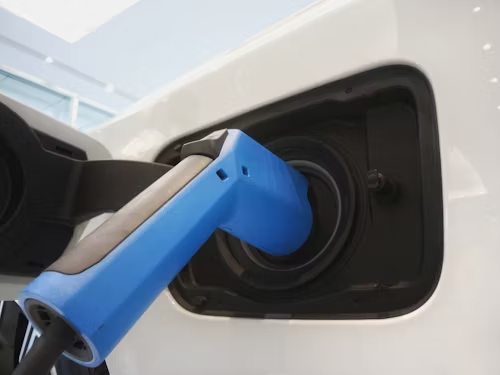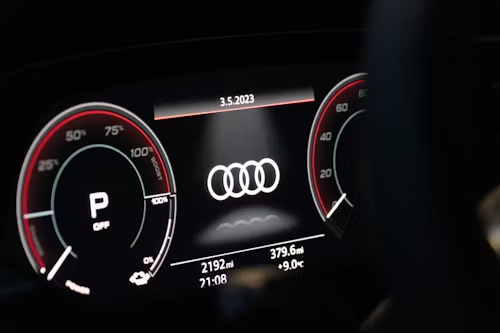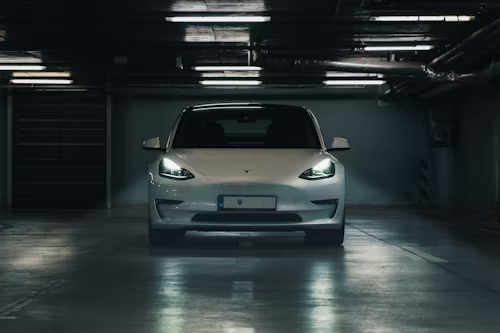Exploring the Frontier of Automotive Innovation: Modern Car Technology and Custom Electric Vehicles

The automotive industry is undergoing a revolutionary transformation, driven by the advent of modern car technology and the surge in popularity of custom electric vehicles. This innovation extends not only to the propulsion methods vehicles use but also to a myriad of advanced vehicle modifications and smart car eco-modifications that enhance performance, efficiency, and sustainability. In this detailed exploration, we delve into how these technologies are reshaping the future of driving.
The Rise of Modern Car Technology
Modern car technology encompasses a broad spectrum of advancements, including autonomous driving features, connectivity, electrification, and advanced safety systems. These innovations are not just enhancing the driving experience but are also making it safer and more efficient.
- Autonomous Driving: Self-driving technologies are making significant strides, with features like adaptive cruise control, lane-keeping assist, and autonomous emergency braking becoming commonplace in new models.
- Connectivity: Modern vehicles are increasingly connected to the digital world, offering features such as real-time traffic updates, cloud-based entertainment systems, and remote vehicle management.
- Electrification: The shift towards electric vehicles (EVs) is perhaps the most significant trend, with major manufacturers committing to electrifying their entire line-ups in the coming decades.
- Advanced Safety Systems: Technologies like automatic emergency braking, pedestrian detection, and cross-traffic alert are setting new standards in vehicle safety.
Custom Electric Vehicles: Tailoring to Personal and Environmental Needs
As the demand for electric vehicles grows, so does the interest in custom electric vehicles. These are not just limited to personal cars but also extend to commercial vehicles, providing solutions that are both eco-friendly and tailored to specific needs.
Custom electric vehicles can be modified or built from scratch to accommodate unique requirements. Whether it's for a specific range, performance, or the incorporation of renewable energy sources like solar panels, the possibilities are endless. Such modifications are not only good for the environment but also cost-effective in the long run.
Benefits of Custom Electric Vehicles
- Reduced Carbon Footprint: Electric vehicles emit no tailpipe pollutants, significantly reducing the overall environmental impact compared to combustion engines.
- Lower Operational Costs: EVs generally have fewer moving parts than traditional vehicles, which means less maintenance and lower operational costs.
- Energy Efficiency: Electric vehicles are about 60% energy efficient, compared to 20%-30% for those with internal combustion engines.
Advanced Vehicle Modifications: Enhancing Performance and Sustainability
Advanced vehicle modifications go beyond traditional tuning and aesthetic enhancements. Today's modifications leverage cutting-edge technology to improve vehicle performance, efficiency, and sustainability.
- Aerodynamic Adjustments: From simple modifications like adding spoilers to extensive reshaping using computational fluid dynamics, aerodynamic adjustments can significantly reduce drag and improve fuel efficiency.
- Engine Tuning: Modern tuning involves adjusting the engine's computer, the Electronic Control Unit (ECU), to achieve better performance or fuel economy.
- Weight Reduction: Using materials such as carbon fiber or lightweight alloys, vehicles can shed weight, which inherently improves speed and reduces energy consumption.
Smart Car Eco-Modifications: Driving Towards a Greener Future
Smart car eco-modifications are all about integrating intelligent technologies that enable vehicles to be more environmentally friendly. These modifications range from using sustainable materials to incorporating smart energy systems that manage the vehicle's power use more efficiently.
Examples of Smart Car Eco-Modifications
- Regenerative Braking Systems: These systems recover energy typically lost during braking and convert it into electricity, which can then be used to recharge the vehicle’s battery.
- Use of Renewable Energy: Integrating solar panels or small wind turbines in vehicles to help power onboard electronics or support the vehicle’s main drive battery.
- Sustainable Materials: Using recycled or sustainably sourced materials for interior and exterior vehicle parts, reducing the overall environmental impact of vehicle manufacturing.
Conclusion: Embracing the Future of Automotive Technology
The landscape of automotive technology is rapidly changing, driven by advancements in electric vehicle technology, smart modifications, and sustainable practices. As consumers become more environmentally conscious, the demand for vehicles that support these values continues to grow. The future promises even more innovations, with advancements in battery technology, autonomous driving, and smart infrastructure enhancing the way we think about driving and vehicle ownership. Embracing these changes not only contributes to a healthier planet but also heralds a new era of convenience, safety, and efficiency in automotive travel.
FAQs About Modern Car Technology and Eco-Friendly Modifications
- What are the most important modern car technologies today? Autonomous features, connectivity, electrification, and advanced safety protocols are key.
- Can I convert my traditional vehicle into an electric one? Yes, there are kits and professionals who specialize in converting traditional vehicles to electric power.
- Are eco-modifications expensive? The initial investment can be high, but the long-term savings and environmental benefits often outweigh the costs.
- How do smart car eco-modifications contribute to sustainability? They reduce emissions, improve energy efficiency, and often use sustainable materials, lessening environmental impact.
By understanding and adopting these modern car technologies and modifications, we can all play a part in driving toward a more sustainable and efficient future.




